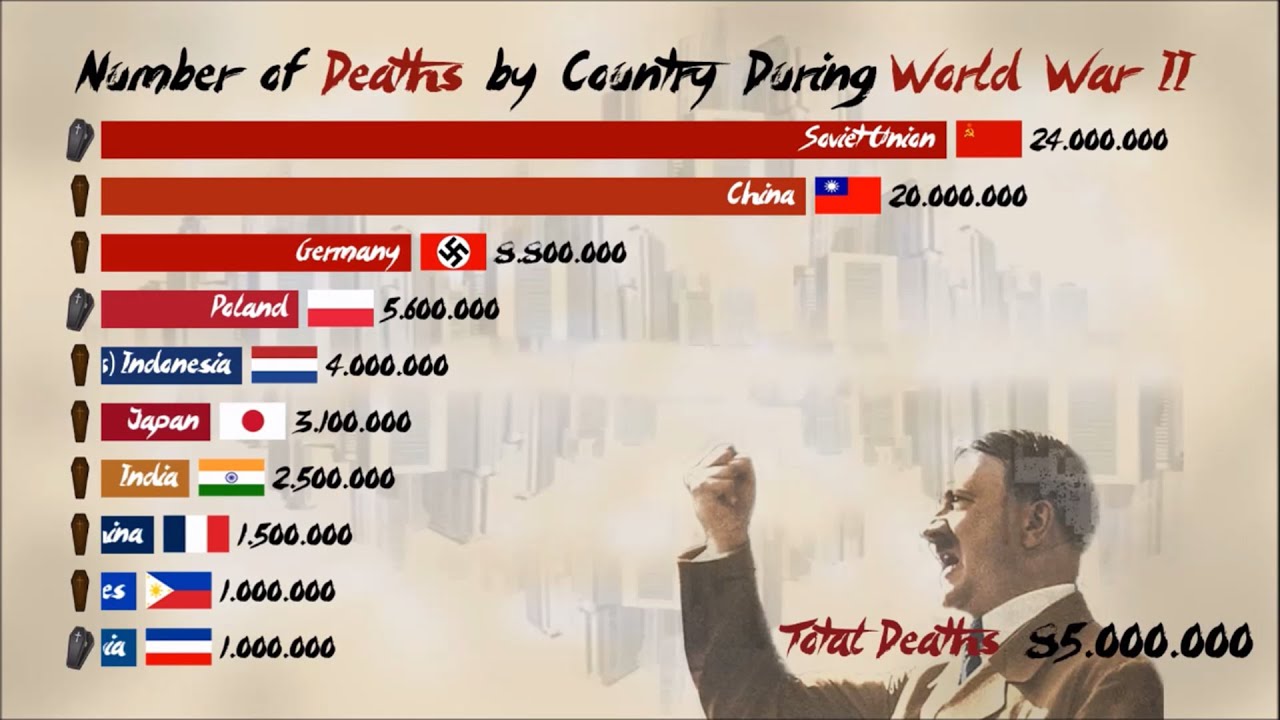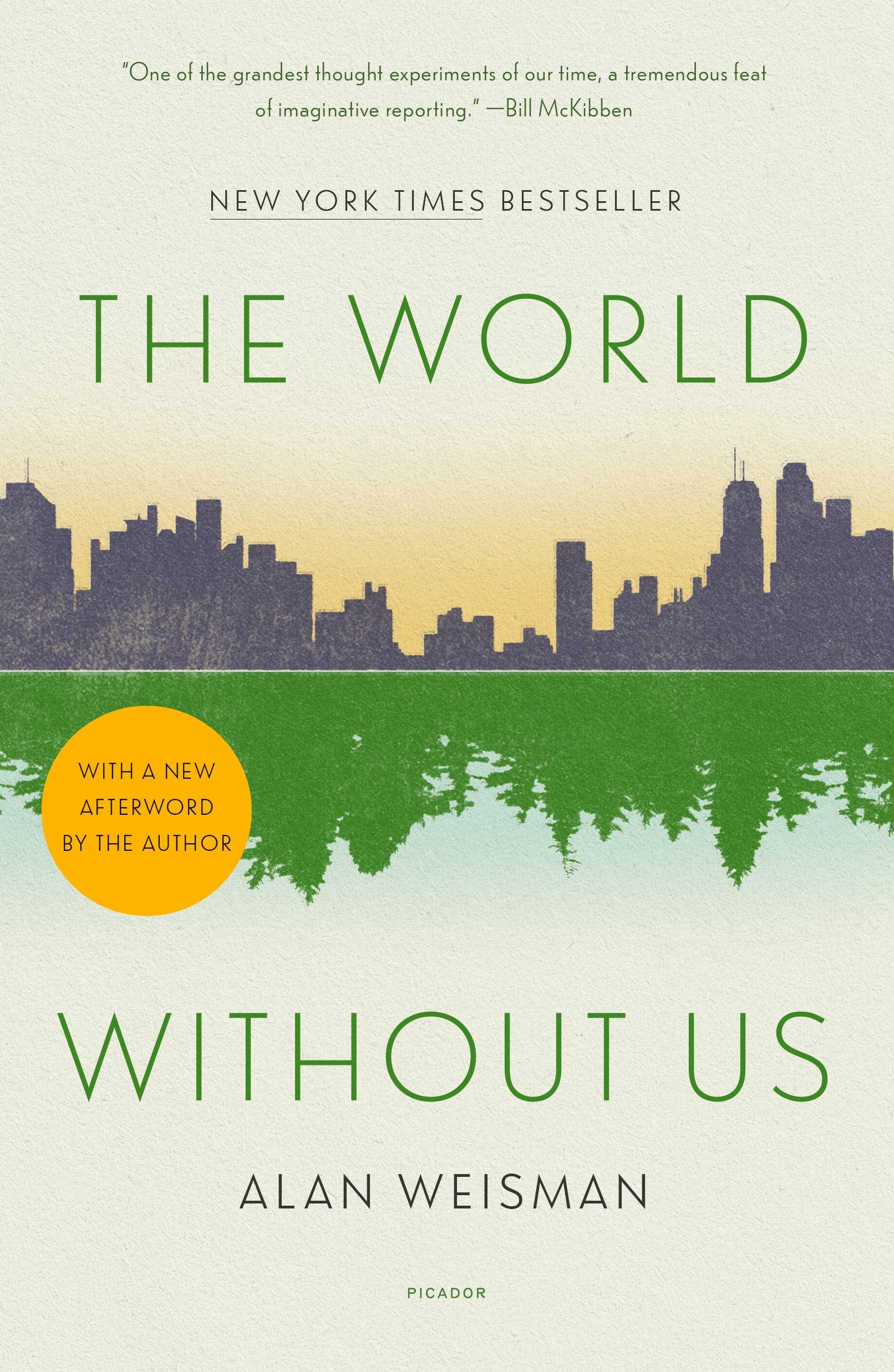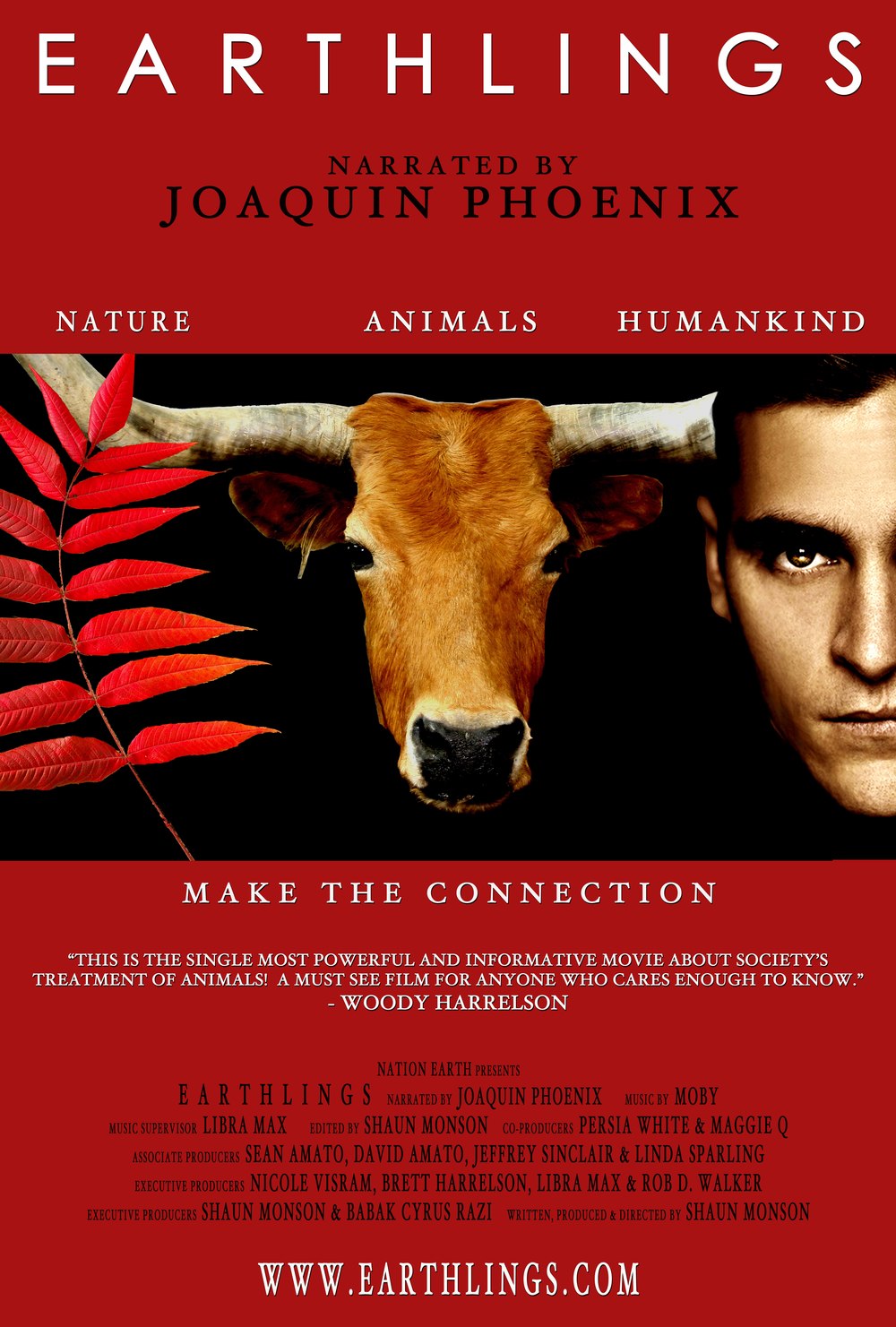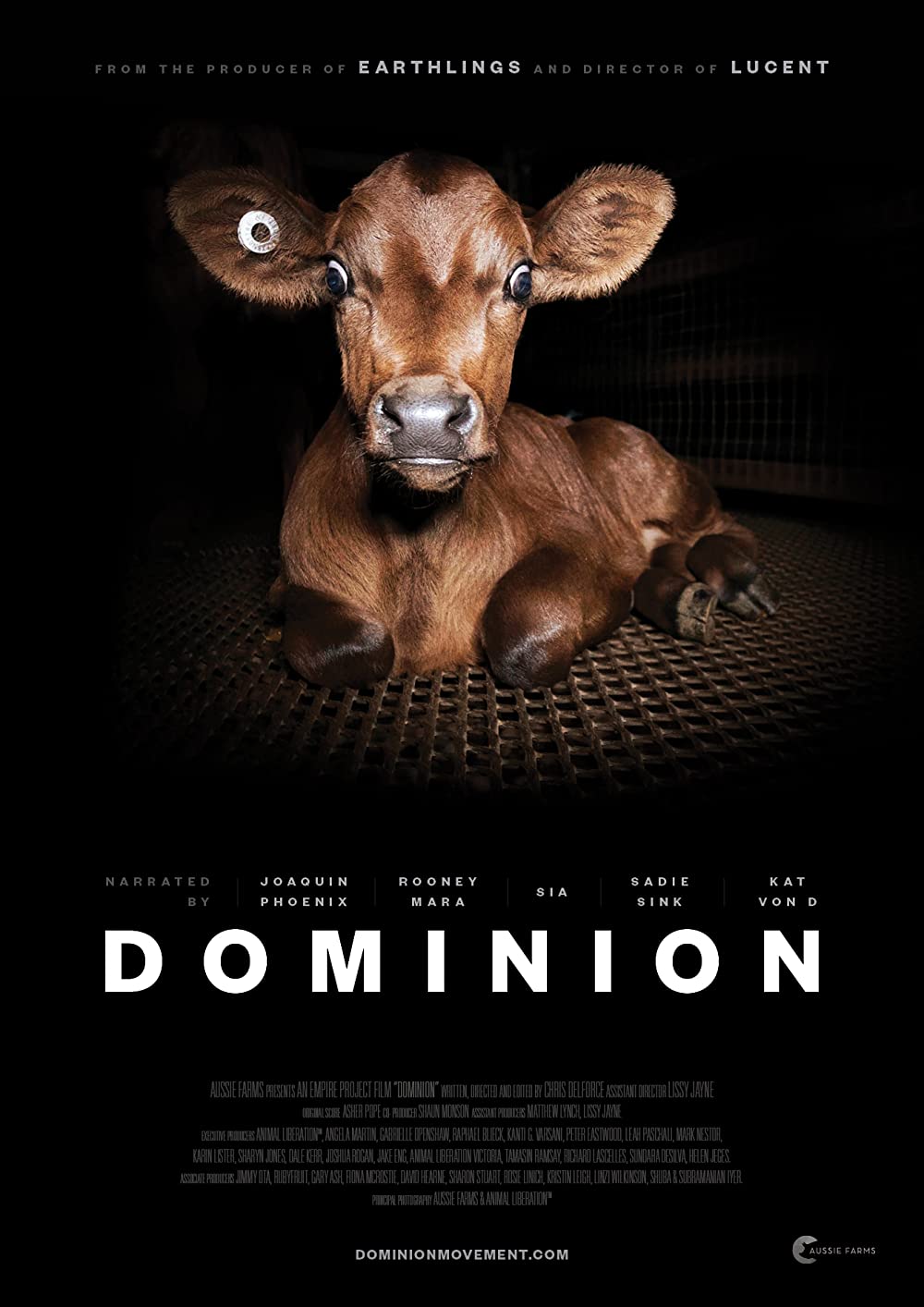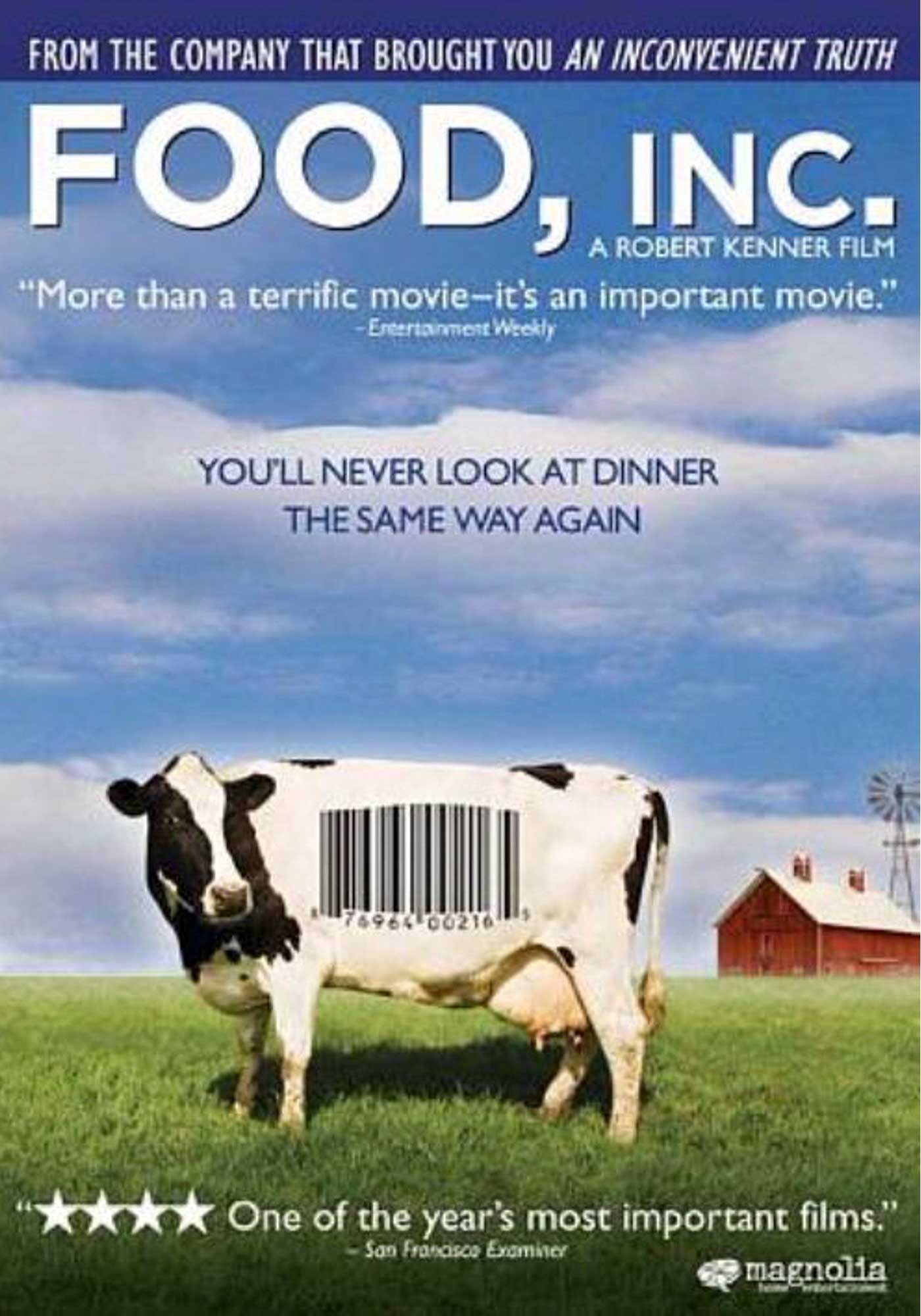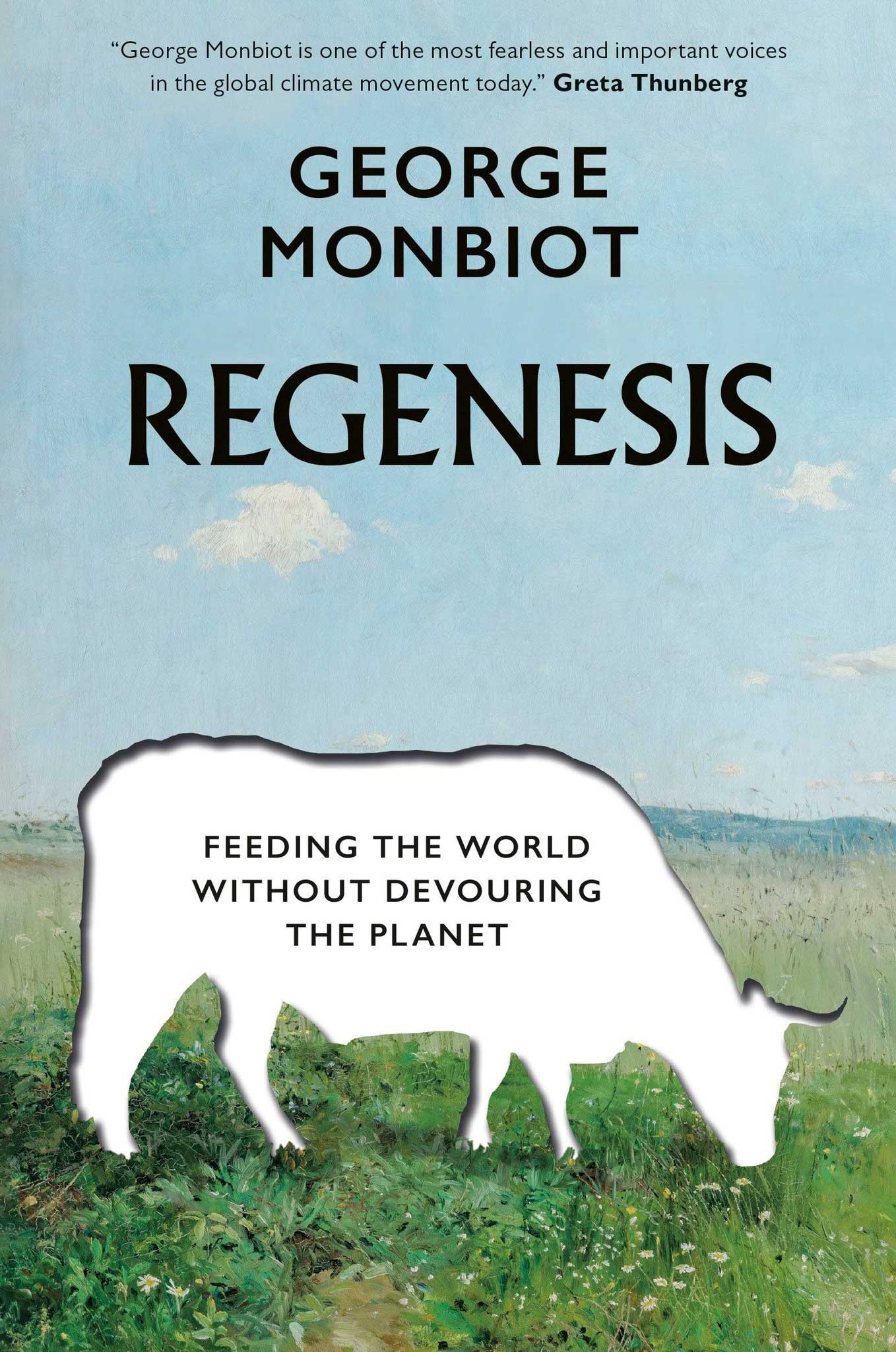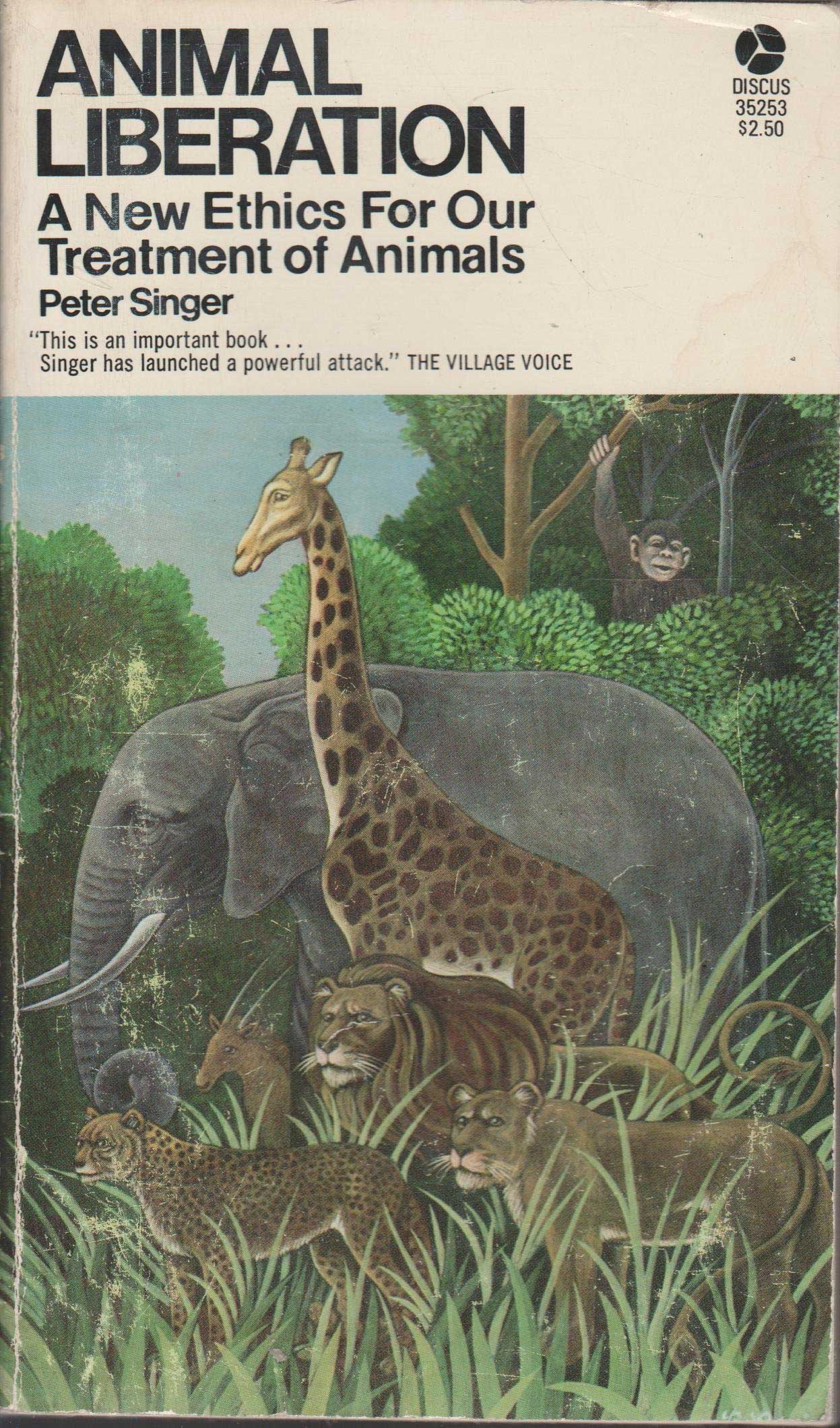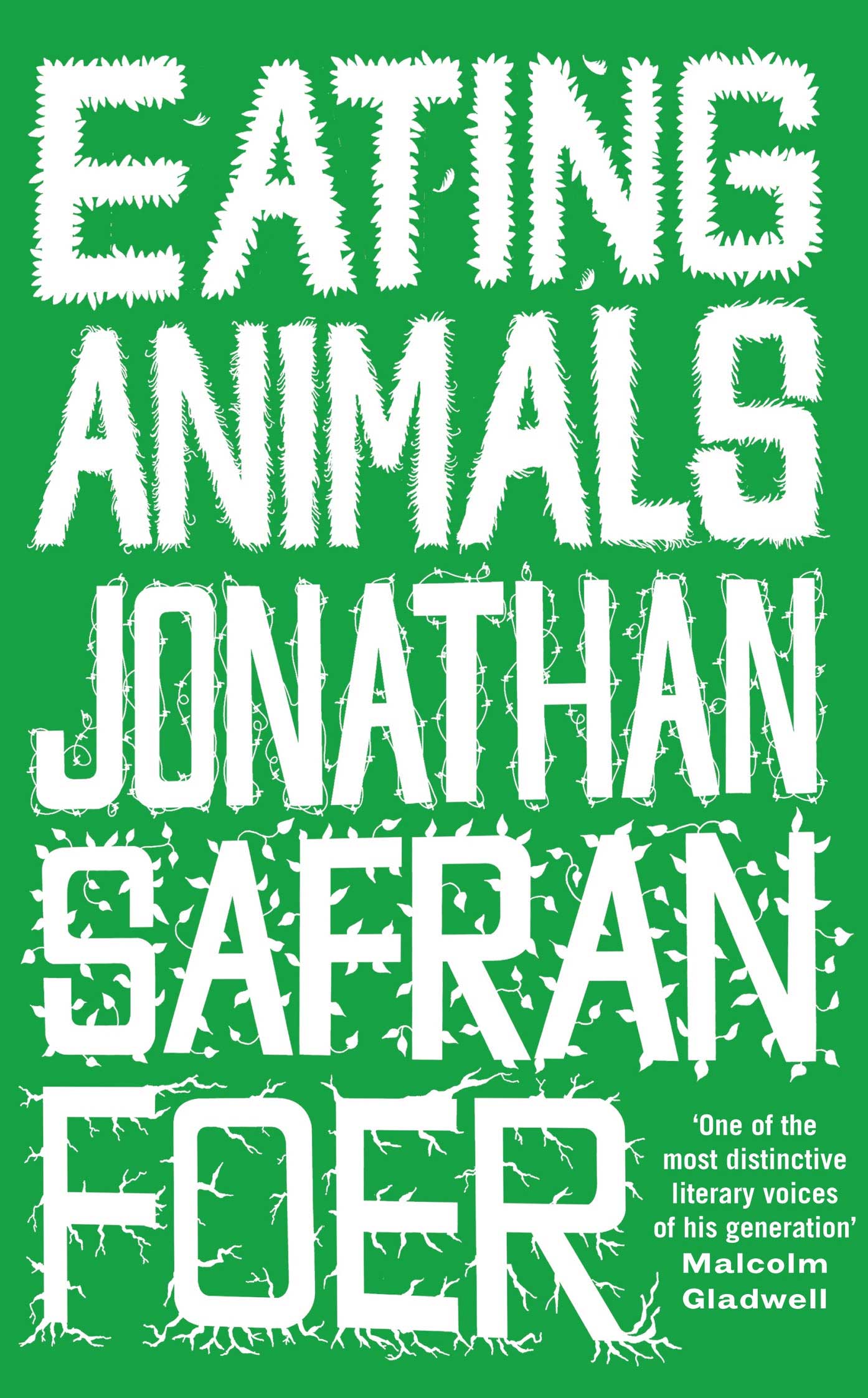The Project
After We Let Animals Live is a project that includes a feature film and non-fiction book. It is my attempt to address what I’ve come to believe is a debilitating and odd omission in the environmental and animal protection canon of research, books, television documentaries, and feature films.
I’ve been underfoot in the animal and environmental protection movement and community for about a half century, beginning with the making of a documentary, Seal Song,2 for the International Fund for Animal Welfare (IFAW).3 Seal Song was about the Canadian commercial seal hunt—the ‘baby seal’ hunt. IFAW sold Seal Song to Anglia Television for its series, The World of Survival.4 I still work full time in the movement; these days mostly for the Animal Alliance of Canada5 and the Animal Protection Party of Canada,6 which I co-founded.
My half century of experience and day-to-day work has convinced me that addressing the omission will help some of the tens of millions of people who actively campaign to protect the environment and animals, and who with their estimated two billion dollars7 in annual contributions and direct activism make common cause with tens of thousands of animal and environmental protection organizations around the world.
I also know that at, at worst, fixing the omission will cause no harm. At the very least, it might even entertain some people. Maybe it will change some people’s thinking. My greatest hope is it might nudge a few more people to become active protecting the environment and animals.
The Odd Omission
Strangely missing from the millennial-long record of human beings’ relationship with non-human animals is anything substantive about what the human/animal relationship would be like if people did not kill animals, save in emergencies.
It is a question that should be answered for practical environmental protection and ethical reasons. To put the importance of the question and answers into perspective, if every country reduced its climate heating GHG emissions from fossil fuels, but did not address animal agriculture and commercial fisheries, industries whose animal killing is measured in billions and tons, the rate of climate heating would be slowed, but not reversed.8 Climate heating cannot be beaten, i.e. keeping heating below 1.5C, if people continue to kill animals at the present rate.
Killing animals has been shaping human culture and likely evolution for “at least 2.6 million years.”9 The anthropological, historical, artistic, and academic human record of the human/animal relationship is global and, at least, 45,500 years long.10 Yet the record includes only a few accidental hints11 about what a non-lethal human/animal relationship might be like.
After We Let Animals Live is a scientifically rigourous thought experiment. It asks and suggests possible answers to the question:
‘What would the world be like, what would people be like, if we did not kill animals?’
The record of the harms humans inflict on animals is long, extensive, and scientifically documented. It details and quantifies a vast range of dire impacts—local and global—to the environment, animals, human health, and even people’s mental health.
Let’s start our thought experiment by placing the enormity of our animal carnage in a context that’s easier to visualize. World War II was humankind’s deadliest conflict. Between September 1, 1939 and September 2, 1945, 70 to 85 million people perished—mostly civilians.12
70 to 85 million! That’s how many animals people kill every day between breakfast and lunch: 150 billion every year13, 410 million every day, 17 million every hour, 285 thousand every minute, 5 thousand animals every second. Most of them were killed by choice, not for need.
Alan Weisman’s New York Times best seller, The World Without Us14 and its positive reception inspired my After We Let Animals Live thought experiment. The World Without Us inspired not just me, but also several television programs including Life After People15, Aftermath: Population Zero16, and the upcoming The Future is Wild.17
Potential Audience
My assumptions about the potential audience for After We Let Animals Live are informed by the apparent successes of the numerous documentaries and books exploring related themes. Three documentaries are:
- Earthlings (2005) a documentary, narrated by Joaquin Phoenix that “chronicles the day-to-day practices of the largest industries in the world, all of which rely entirely on [killing] animals for profit.”18
- Dominion (2018) narrated, in part, by Phoenix “uses drones, hidden and handheld cameras to expose the dark underbelly of modern animal agriculture, questioning the morality and validity of humankind’s dominion over the animal kingdom.”19
- Food, Inc. (2008) a documentary that gives an “unflattering look inside America’s corporate controlled food industry.”20
- Regenesis: Feeding the World Without Devouring the Planet “is a breathtaking vision of a new future for food and humanity…[it shows] us how the tiniest life forms could help up make peace with the planet, restore its living systems, and replace the age of extinction with the age of regenesis.”21
- Animal Liberation “exposes the chilling realities of today’s factory farms and product-testing procedures, destroying the spurious justifications behind them, and offering alternatives to what has become a profound environmental and social as well as moral issue. An important and persuasive appeal to conscience, fairness, decency, and justice, it is essential reading for the supporter and the skeptic alike.”22
- Eating Animals is a “discussion of what it means to eat animals in an industrialized world. It was written in close collaboration with Farm Forward,23 a US non-profit organization promoting veganism and sustainable agriculture. Eating Animals was made into a documentary of the same name in 2017.24
Collaborators & Contributors
I extend a welcome to any and all who’d like to collaborate or contribute to the After We Let Animals Live thought experiment. In the earliest days of this project, when it was a vague notion, casual conversations with acquaintances, friends, and colleagues were enormously helpful and provided important insights. Happily, some colleagues have already offered to write blog posts to encourage discussion.
Stephen Best, April 2023
Endnotes
1 Stephen Best, https://stephenbest.ca/
2 Seal Song, https://www2.bfi.org.uk/films-tv-people/4ce2b76836ff0
3 International Fund for Animal Welfare, https://www.ifaw.org/ca-en
4 The World of Survival, https://www.imdb.com/title/tt0066726/
5 Animal Alliance of Canada, https://www.animalalliance.ca/
6 Animal Protection Party of Canada, https://www.animalprotectionparty.ca/
7 Stephen Best, Saving Dinah: An Affinity Feature Film cooperative direct marketing campaign…, September 2008, accessed January 21, 2023, https://stephenbest.ca/wp-content/uploads/2023/01/SavingDinah-Affinity-Feature-Films-Overview-FINAL.pdf
8 A global protein transition is necessary to keep warming below 1.5°C, Good Food Institute, accessed January 31, 2023, https://gfi.org/resource/a-global-protein-transition-is-necessary-to-keep-warming-below-1-5c/
9 Pobiner, B. (2013) Evidence for Meat-Eating by Early Humans. Nature Education Knowledge 4(6):1, accessed January 20, 2023, https://www.nature.com/scitable/knowledge/library/evidence-for-meat-eating-by-early-humans-103874273/
10 Adam Brumm, et al., Oldest cave art found in Sulawesi (Science Advances Vol, No. 3 January 13, 2021 DOI: 10.1126/sciadv.abd4648), accessed January 21, 2023, https://www.science.org/doi/10.1126/sciadv.abd4648
11 Jean Zeid, Man and animals: lessons from the Ancients (December 15, 2021), accessed January 20, 2023, https://www.polytechnique-insights.com/en/braincamps/society/nutrition-disease-biodiversity-do-we-need-a-new-relationship-with-animals/socrates-to-plato-bring-vegetarian-at-the-time-of-the-ancients/
12 https://en.wikipedia.org/wiki/World_War_II_casualties
13 https://thevegancalculator.com/animal-slaughter/
14 Alan Weisman, The World Without Us, (New York, St Martins Press, 2007)
15 Life After People, 2009-2010, accessed January 26, 2023, https://www.imdb.com/title/tt1433058/
16 Aftermath: Population Zero, 2008, accessed January 26, 2023, https://www.imdb.com/title/tt1264068/
17 The Future is Wild, 2023 (in development), accessed January 26, 2023, https://pro.imdb.com/title/tt1533100/
18 Earthlings, accessed January 26, 2023, https://www.imdb.com/title/tt0358456/
19 Dominion, accessed January 26, 2023, https://www.imdb.com/title/tt5773402/
20 Food, Inc. accessed January 26, 2003, https://www.imdb.com/title/tt1286537/
21 George Monbiot, Regenesis, (Great Britain: Allen Lane, Penguin Books, 2022)
22 Peter Singer, Animal Liberation, (New York: Harper Collins, 1975)
23 Farm Forward, non-profit organization, accessed January 26, 2023, https://www.farmforward.com/
24 Jonathan Safran Foer, Eating Animals, (City, Little Brown and Company, 2009)
